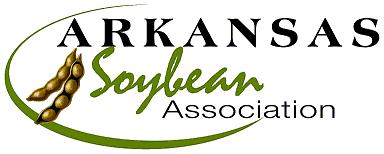Farmers can’t apply dicamba between Apr. 16 and Oct. 31
By Diego Flammini
News Reporter
Farms.com
Soybean producers in Arkansas will be without some popular herbicides for this growing season.
The Arkansas Legislative Council voted on Friday to approve an Administrative Rules and Regulations Subcommittee report, which included a seasonal dicamba ban.
As a result, soybean growers will be prohibited from applying dicamba between Apr. 16 and Oct. 31.
The decision comes after state legislators received more than a thousand complaints related to dicamba drift damage last year.
The state soybean association isn’t leaning one way or the other when it comes to the decision.

“The Arkansas Soybean Association is not taking a stand on it because we have members on both sides of the issue,” Dawn Howe, executive director of the organization, told Farms.com today.
But some farmers who experienced soybean damage are happy with the decision.
“Until (dicamba manufacturers) can find a newer formulation, then I’m completely tickled pink with the decision,” Reed Storey, a producer from Marvell, Ark., told Reuters Friday.
Manufacturers say the ban is unnecessary since their products are proven safe when farmers apply dicamba within label requirements.
“It is distressing that we’re in an environment in Arkansas where bringing the most modern tools to farmers is difficult,” Scott Partridge, Monsanto’s vice president of global strategy, told Reuters.
Arkansas farmers harvested 3.1 million acres of soybeans in 2016, valued at more than $1.4 billion, according to the National Agricultural Statistics Service.
Lawmakers in Minnesota, the Dakotas, Tennessee and Missouri have also implemented state-specific dicamba application regulations since the fall.